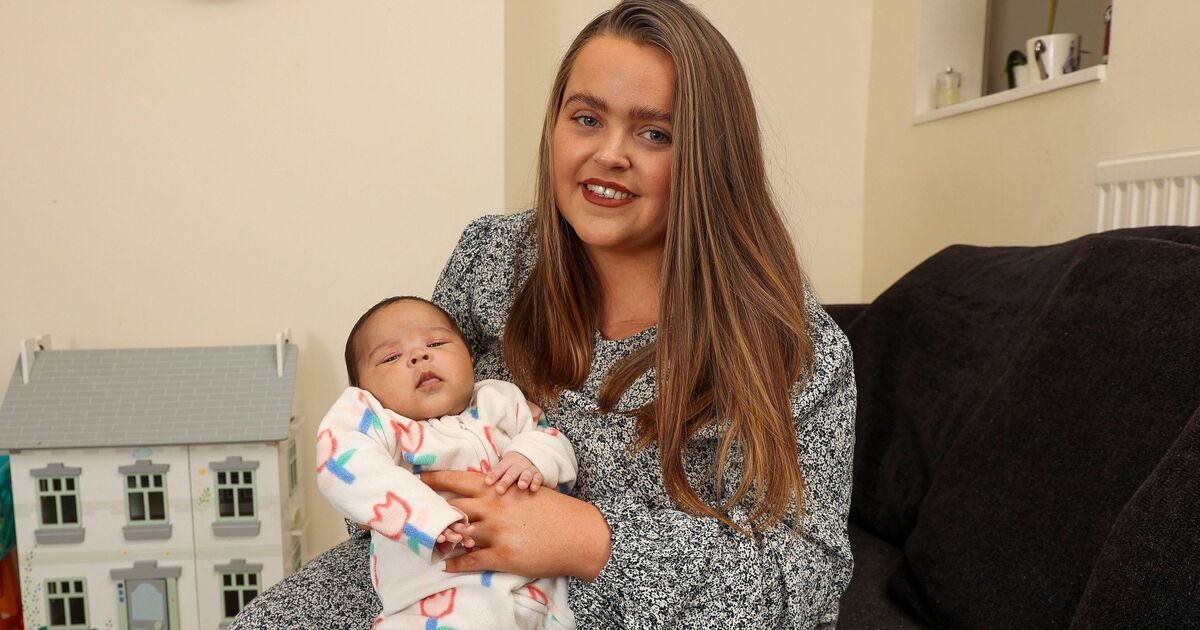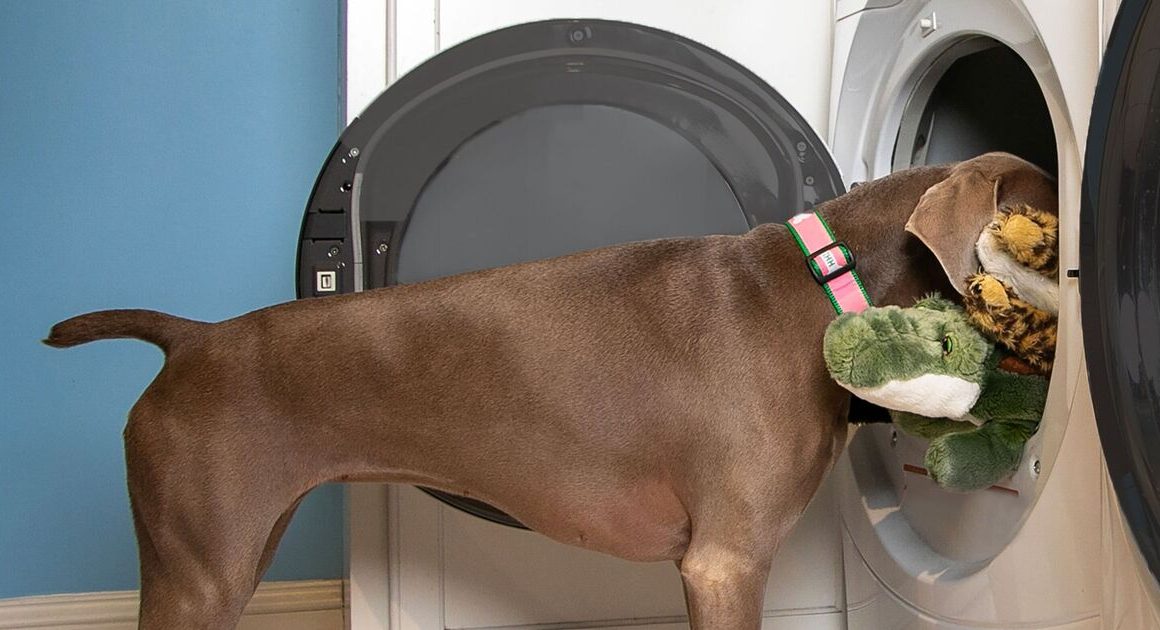In a miraculous turn of events, Natasha Sokunbi was ‘clinically dead’ for 14 minutes before she awoke to the news that she had given birth to her daughter. The 30 year old mum from Stafford was 37 weeks pregnant when she experienced severe chest pains and breathing difficulties, prompting her to call 111.
Following their advice, she went to A&E at Royal Stoke University Hospital, where she suffered a cardiac arrest in the waiting room. As doctors fought to resuscitate Natasha, they also performed an emergency caesarean section, delivering baby Beau, who weighed in at 6lbs 7oz.
After over half an hour of life-saving efforts, Natasha was stabilised and placed into an induced coma. She regained consciousness the next day in critical care, where her husband greeted her with a photo of their newborn, revealing “The next thing I remember was when I woke up in intensive care and my husband walked over to me with a photo of Beau and said ‘it’s a girl’.”
Despite not being able to see Beau immediately due to her condition and the baby’s stay in the neonatal unit, Natasha eventually met her daughter days later. Reflecting on the ordeal, Natasha expressed her gratitude: “My heart wasn’t beating when the doctors delivered Beau. I was basically dead when they pulled her out. One team of medics were delivering her via C-section while another team performed CPR on me. The next thing I remember was when I woke up in intensive care and my husband walked over to me with a photo of Beau and said ‘it’s a girl’.
“We hadn’t found out the sex so it was a complete surprise. I couldn’t see Beau straight away because I was still very weak and she was in the neonatal unit but I finally saw her a few days later. I was really poorly but the doctors and medical teams were amazing. They told me I’d been clinically dead for 14 minutes. They saved my baby and they saved me.”
Despite lapses in consciousness, she recalled vivid moments of life-saving efforts: “I remember bits, like the doctors performing CPR and putting a defibrillator on me.”
Following the delivery of her child Beau, her husband Ayo, also a support worker, was urgently summoned to her side. Detailing the terrifying moment, she said: “Ayo had no idea I was in hospital because he was asleep with our other baby daughter when I took a taxi to A&E.”
The call he received was not the news he had expected: “When he received a call from the hospital he thought they were telling him that I’d had the baby but the said he should get here straight away.”
Ayo’s presence was a beacon of hope as Natasha lay comatose: “He was so good. When I was in the coma I can remember hearing him talking to me saying ‘Come on Tash’ ‘Please wake up.’”.
After an extensive three-week stay in the hospital and the implantation of an ICD heart-starter device to secure her future health, Natasha stands as a testament to the skill and dedication of the medical team who fought for her and her baby’s lives. After a heart-wrenching ordeal, the mother of two is back home, caring for her newborn Beau and 15-month-old daughter Love.
She recounts her harrowing experience: “I have had heart problems and I think the pregnancy put extra strain on me.I still have flash backs and worry that it’ll happen again but I’m just so grateful to the doctors for saving me and Beau.”
Today, she’s embracing motherhood once more with a sense of joy and recovery: “Being a mum of two is great and I’m regaining my strength and independence.”
Describing her new baby as nothing short of extraordinary, she says: “Beau is a miracle, and you can never fully put what they’ve done for us it into words.” Her appreciation extends to all the staff who helped her through the difficult time: “The staff were all fantastic. Now I’m much more appreciative of life and won’t take anything for granted ever again.”
For their exceptional dedication and teamwork, the staff involved in Natasha and Beau’s care were honoured with the Chief Executive Award. Dr Andrew Bennett, one of the lead doctors, detailed the complexity of such emergency cases: “The issue when you have a mother who goes into cardiac arrest is that you not only have the team required to resuscitate mum, you very quickly of course when the baby is out, also have a team ready to resuscitate the baby if that’s required.”
He applauded the remarkable collective effort: “So the number of clinical teams involved is huge. This has got to be one of the proudest moments that this department really has ever seen and that collaborative effect from all involved was incredible.
Dr Simon Constable, chief executive. said: “Natasha’s case is about as serious as it gets and involves not just one person but multiple teams looking after and getting the outcome for her and Beau. So it’s a great testament to the real skill and team work that made the outcome what it is because it could have been so very different and I think we recognise that would have been a tragedy.”












